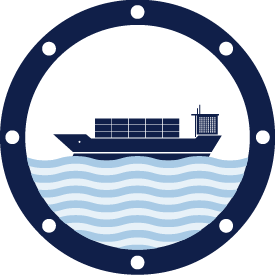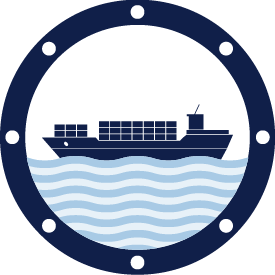International shipping takes care of the movement of goods and products between nations. It has the lowest carbon footprint per tonne for long-range transport but still creates around 3% of global CO2 emissions. The maritime sector has pledged to reach net zero emissions by 2050.
Different low-carbon technologies are being explored, including onboard carbon capture (OCC), which could provide a low-cost solution compared to zero-emission fuels, such as ammonia and hydrogen.
The EverLoNG project aims to encourage the uptake of OCC by demonstrating its use on board LNG-fuelled ships and moving it closer to market readiness. Our research will optimise the technology and consider how best to integrate it into existing ship and port infrastructure.
Our interlinking studies will support the development of full-chain carbon capture, utilisation and storage (CCUS) networks – connecting OCC with CO2 transport links, geological CO2 storage and markets for CO2 use. They will include Life Cycle Assessment (LCA) and Techno-Economic Analysis (TEA).
We are also contributing to the development of regulatory frameworks for the safe and effective use of OCC technology in the shipping sector.
International and national collaboration is inherent to EverLoNG, which aims to support the maritime sector’s ambitious and essential decarbonisation plans.
Download the EverLoNG Briefing Document









